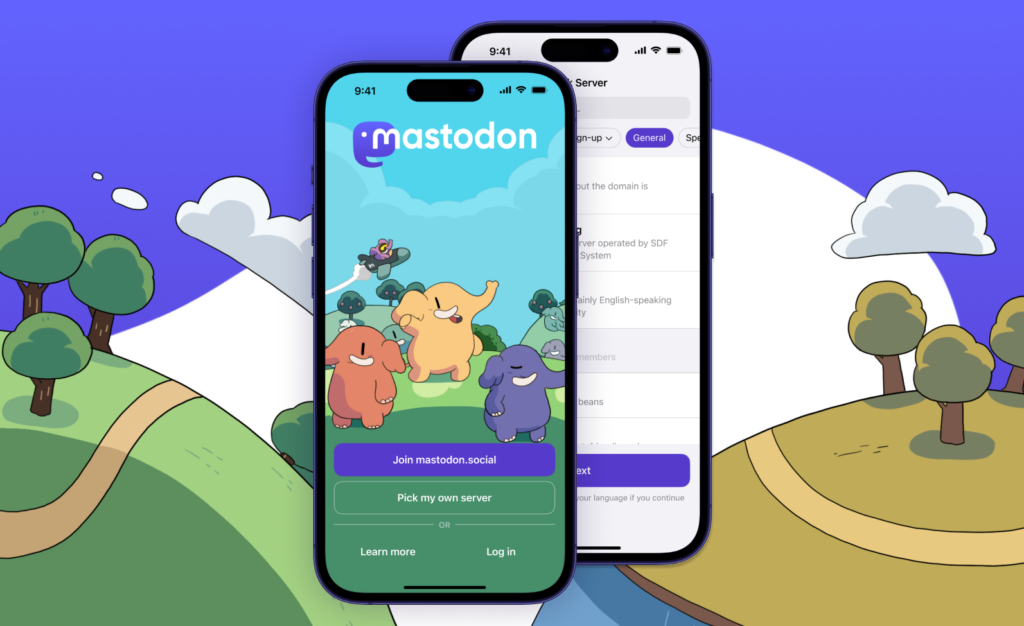
Mastodon: The Decentralised Social Network Gaining Momentum
MASTODON, free and open-source software for self-hosted social networking services, is making waves as a viable alternative to Twitter. Launched in October 2016 by Eugen Rochko, Mastodon gained significant traction in 2022, especially after Twitter’s acquisition by Elon Musk. Unlike Twitter, Mastodon operates on a decentralised model, with numerous independently run nodes called instances. Each instance has its own code of conduct, terms of service, privacy policy, and content moderation policies, allowing users to select a node based on their preferred policies while still accessing a larger social network.
Recent turmoil at Twitter, stemming from new limits on the visibility of user posts, has sparked a surge of interest in Mastodon. Users seeking an alternative have flocked to Mastodon’s decentralised and user-driven structure. In a single day, Mastodon’s active user base increased by an impressive 110,000, as noted by Eugen Rochko himself. Rochko, the creator and CEO of Mastodon, expressed satisfaction with the growing numbers, showcasing Mastodon’s potential as a viable competitor.
To address extreme levels of data scraping & system manipulation, we’ve applied the following temporary limits:
– Verified accounts are limited to reading 6000 posts/day
– Unverified accounts to 600 posts/day
– New unverified accounts to 300/day— Elon Musk (@elonmusk) July 1, 2023
The federated nature of Mastodon enables interoperability between different instances, creating a broader network where users from various nodes can interact. Mastodon’s crowdfunded nature ensures it remains free of advertisements, maintaining a user-centric experience.
Privacy is a core focus for Mastodon, as it prioritises user data protection. Unlike Twitter, Mastodon only searches hashtags and mentioned accounts within the Fediverse, not the full text of toots (equivalent to tweets. Trending topics on Mastodon are limited to hashtags within specific instances, as each instance caches federation-related subsets of toots. This decentralised approach provides users with control over their data and promotes a more localised trending experience.
The German non-profit Mastodon gGmbH oversees the maintenance of the Mastodon project. With features similar to Twitter but without the control of a single company, Mastodon operates on thousands of computer servers. These servers are predominantly run by volunteer administrators who collaborate to form a federation. This decentralised approach not only provides users with greater control over their social networking experience but also fosters a sense of community and collaboration.
As the turmoil at Twitter continues, Mastodon stands out as a promising alternative. With its commitment to user-driven values, privacy, and decentralisation, Mastodon offers a fresh perspective on social networking. The recent surge in activity reflects a growing interest in platforms that prioritise user agency and data privacy. Whether this momentum will be sustained in the long term remains to be seen, but for now, Mastodon is making its mark as a compelling alternative in the ever-evolving social media landscape.
Stay connected with us on social media platform for instant update click here to join our Twitter, & Facebook
We are now on Telegram. Click here to join our channel (@TechiUpdate) and stay updated with the latest Technology headlines.
For all the latest Technology News Click Here
